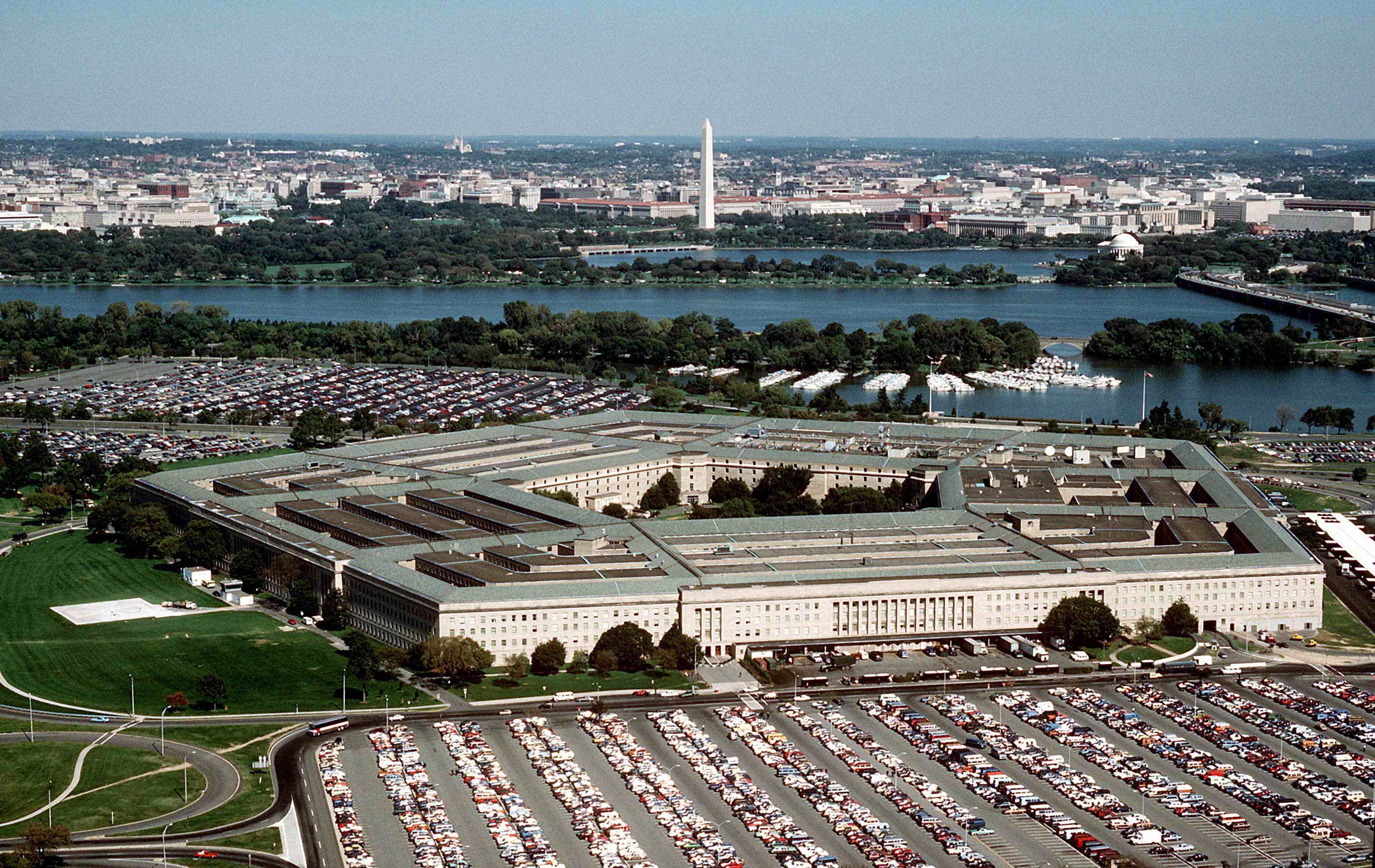Just months after awarding $2 million for a sport utility vehicle that drove itself over more than 100 miles of open road, the Pentagon on Monday unveiled a bigger, richer challenge for self-driving vehicles that can negotiate city traffic.
Veterans of the Defense Advance Research Projects Agency's earlier "Grand Challenges" said the technologies developed for the next contest will clearly benefit the U.S. military, which has set the goal of automating a third of its ground vehicles by 2015. But they said the innovations could have an even bigger impact on driving in America.
"It might fundamentally alter the way we use our highways and save trillions of dollars," said Sebastian Thrun, the Stanford University computer-science professor whose team won the Grand Challenge race last October.
Thrun and his closest competitor in that race, Carnegie Mellon University robotics professor Red Whittaker, both told they would take part in the newly announced DARPA Urban Challenge competition, which is due to reach its climax on Nov. 3, 2007.
"We're about the future of robotics," Whittaker said. "Anytime there is anything going on in robotics anywhere, we're in."
Veterans of the Defense Advance Research Projects Agency's earlier "Grand Challenges" said the technologies developed for the next contest will clearly benefit the U.S. military, which has set the goal of automating a third of its ground vehicles by 2015. But they said the innovations could have an even bigger impact on driving in America.
"It might fundamentally alter the way we use our highways and save trillions of dollars," said Sebastian Thrun, the Stanford University computer-science professor whose team won the Grand Challenge race last October.
Thrun and his closest competitor in that race, Carnegie Mellon University robotics professor Red Whittaker, both told they would take part in the newly announced DARPA Urban Challenge competition, which is due to reach its climax on Nov. 3, 2007.
"We're about the future of robotics," Whittaker said. "Anytime there is anything going on in robotics anywhere, we're in."

